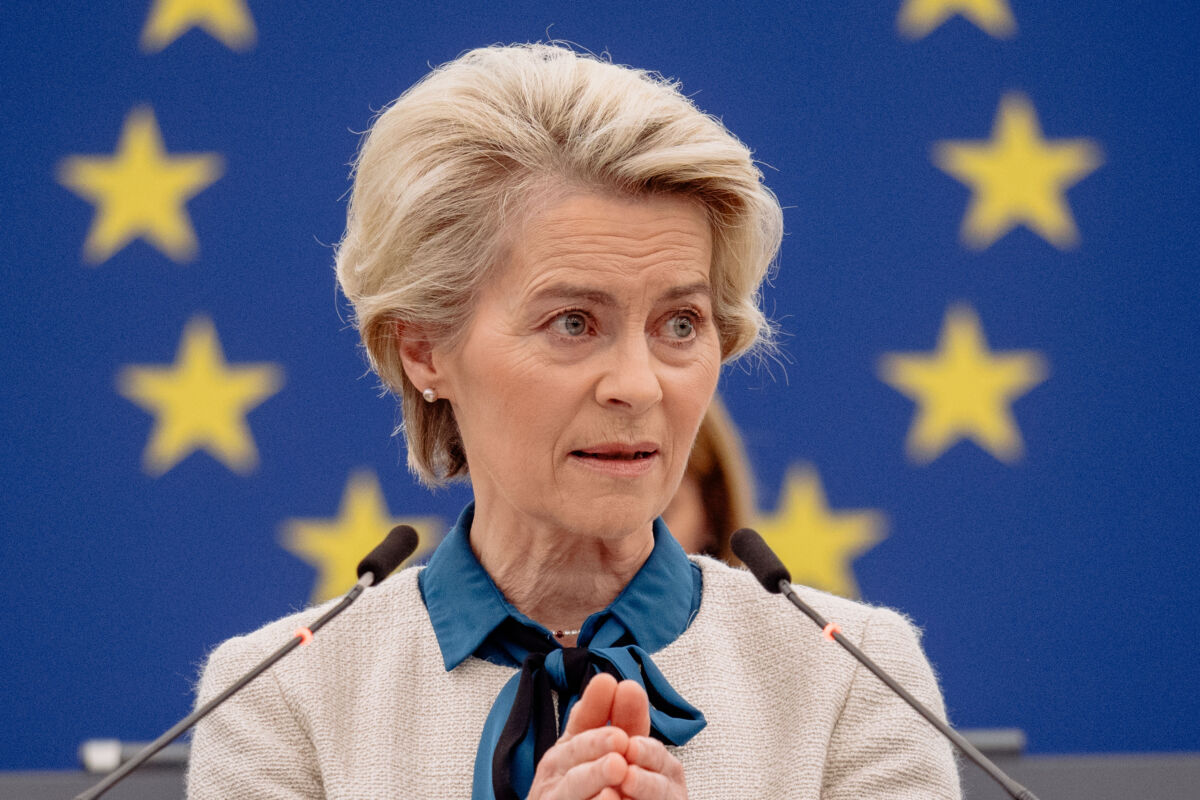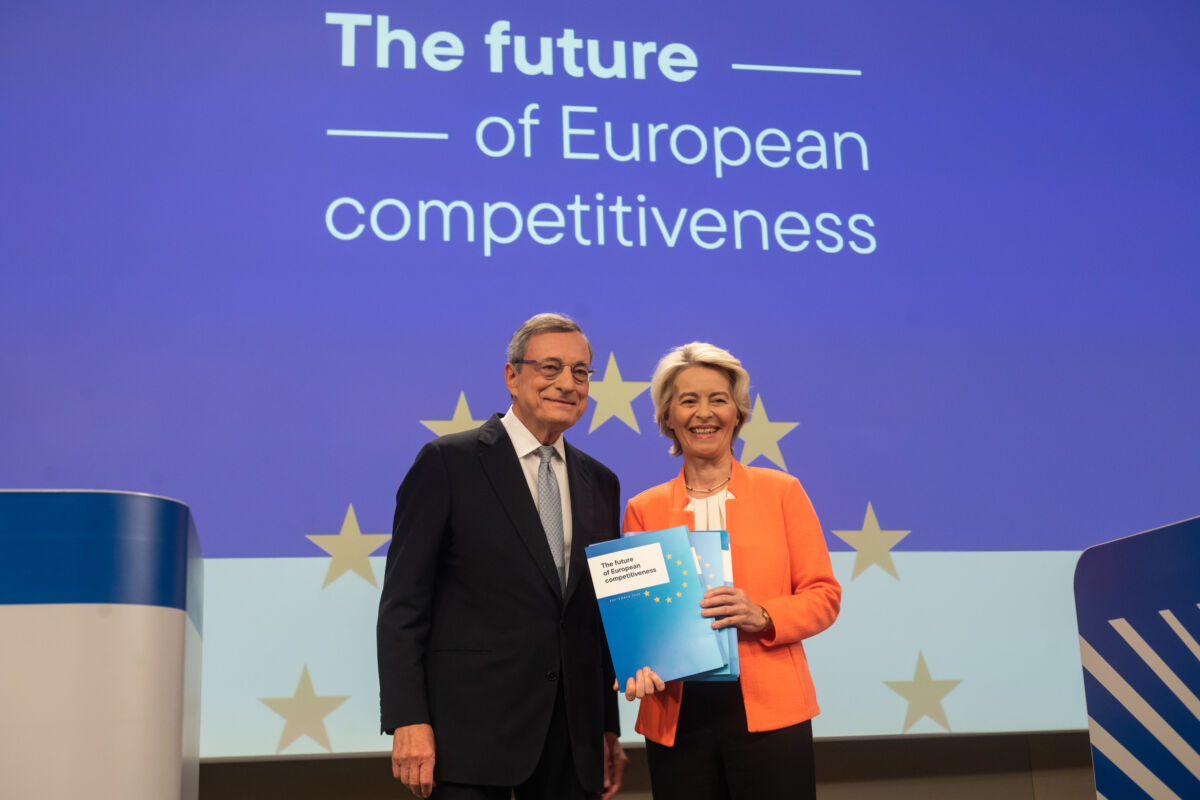A consensus is now building that structurally improving EU competitiveness is a condition for protecting and enhancing the EU’s geopolitical position, for implementing the twin green and digital transitions and, in general, for preserving the European way of life.
At a corporate level this means focussing on economic and environmental sustainability, on resilience (the capacity to cope with uncertainty, and more severe and more frequent shocks) and on the human factor to contribute to – and take full advantage of – new technologies.
These three dimensions are part and parcel of the European Commission’s ‘Industry 5.0’ approach. For Industry 5.0 to be successful in the long run, private sector follow up is best served by relying on civil corporate, contract and labour law. These are three of the many ‘European Hidden Treasures’, or sources of competitive advantage that many Member States enjoy but are often not recognised as such.
This contrasts sharply with common law and Anglo-Saxon business practices, due to the primacy of shareholder interest in corporate governance, resulting in risk avoidance and the desire to maintain control – hardly desirable assets in such an unpredictable world.
Civil law can make a company more sustainable
In contrast, corporate law throughout the EU is sufficiently flexible to develop a new approach to corporate governance and management with more emphasis on the company’s interests as a legal and social entity. This acknowledges the company’s essential contribution to society by growing and improving productivity, the only two sources of economic growth. Corporate directors’ ultimate obligation is to pursue the interests of the company and its stakeholders – in that order. This is a far cry from the concentration on shareholders’ interests and the perpetual increase of profit per share as seen in the Anglo-Saxon business world.
Regarding a company’s position, its articles of association are a very useful vehicle to rebalance the relationship between shareholders, directors, and the company. Articles of association are merely several boilerplate statements that seem to be designed to protect shareholders’ and directors’ freedom to operate.
In the EU there are no legal barriers to essentially turn the articles into a company’s ‘constitution’. In the Anglo-Saxon world this would amount to heresy.
A company’s constitution should outline its economic and environmental objectives and its business models. The principles that guide decision-making and the design of an organisation’s structure are made explicit. How the company engages with partners and the code of conduct that steers relations among colleagues should also be anchored in the articles of association.
The board as a whole and its individual members are bound by the articles and are forced to confront the inevitable dilemmas and trade-offs in all their dealings whilst being held accountable to uphold ‘the constitution.’
This approach is fundamentally different from others aimed at aligning the company’s incentives with broader societal imperatives, such as ‘Corporate Social Responsibility’, the ‘Triple Bottom Line’, ESG indicators or even Effective Altruism. These are rather afterthoughts attached to how the company conducts business, rather than behavioural norms hardwired into the business.
Building resilient European companies
Within the EU, the number of innovative SMEs is rising rapidly thanks to considerable support from both the Commission and Member States, and thanks to ecosystems built around attractive large cities.
Most, if not all, SMEs’ success and growth critically depend on partnerships. These can be bilateral agreements or consortia, with or without government participation. Partnerships could also be for the short or the long term, geographically close or distant. At the core, innovation occurs at organisational boundaries. All these arrangements need to be flexible as opportunities appear and disappear and a new crisis could raise its ugly head at any moment.
Civil contract law applied in almost all Member States (except for Ireland, Cyprus and Malta) is thus an underappreciated hero in the competition and commercial practices playbook. Civil law countries typically feature a clear ‘good faith’ obligation when forming and executing a contract, and the principles of reasonableness and fairness are embedded in business dealings. Pre- and post-contractual obligations are both unique and valuable. This allows for framework agreements based on trust, which in turn makes quick adjustments possible when circumstances change.
In contrast, common law typically requires that both parties’ undesirable behaviour be explicitly excluded from the contract. When circumstances change, these contracts prove to be very brittle as both parties seek to optimise their legal and economic position, without considering the interests of their partner.
Putting people first
Workers’ wellbeing, their productivity, and their openness to change depend on a range of factors, all of which make for ‘good jobs’. First and foremost, a physically and socially safe workplace, job security, good quality work, and a degree of autonomy to operate. Other factors are a line of sight between individual contributions and corporate objectives, and supportive, consistent, and respectful leadership. Above a certain level, how high a worker’s salary is plays a secondary role.
These insights, supported by overwhelming evidence, have been around for decades and yet many workplaces have deteriorated to the point that mental health challenges are now the largest contributor to absenteeism. Whereas many companies have developed codes of conduct, progress has been hardly discernible.
One of the most important villains in the play is the combination of the doctrine of ‘management by objectives’ and the mistaken belief that financial incentives make employees smarter and cause them to work harder. Target setting is a fraught exercise which fuels Internal competition for scarce resources and the constant threat of dismissal is simply a part of corporate life, not to speak of bullying, sexual harassment and discrimination.
European standards, enshrined in labour laws that provide significant worker protection, long discarded as barriers to entrepreneurship in the Anglo-Saxon world, are now a competitive advantage. They provide a basis for reintroducing the social contract between employers and employees in a modern format.
An outline of such a contract should be part of the articles of association. First, the emphasis should be on long-term contracts to justify employers’ investment in their employees’ personal development and growth and encourages employees to develop the skills required to successfully undertake their work.
A second priority would be redesigning co-determination. Currently, work councils can never counter the might of management in passing judgements on very complicated investment or partnership proposals. Co-determination can become more meaningful when a work council is made custodian of the articles of association. Discussions about high principles puts the work council and the Board on an equal footing. Addressing violations of the articles has real bite as there is always the possibility to resort to the courts.
Many – if not most – of the recommendations above would simply not be possible in a common law system. Relying on its civil law heritage as the backbone for turbocharging the EU’s competitiveness truly is one of its ‘Hidden Treasures’ that simply cannot be emulated by other global trading blocs.
This Expert Commentary is part of a series that will be published prior to the CEPS Ideas Lab on 4-5 March 2024 to showcase some of the innovative ideas we’ll be rigorously debating with our participants. More info can be found on the official Ideas Lab 2024 website.





































